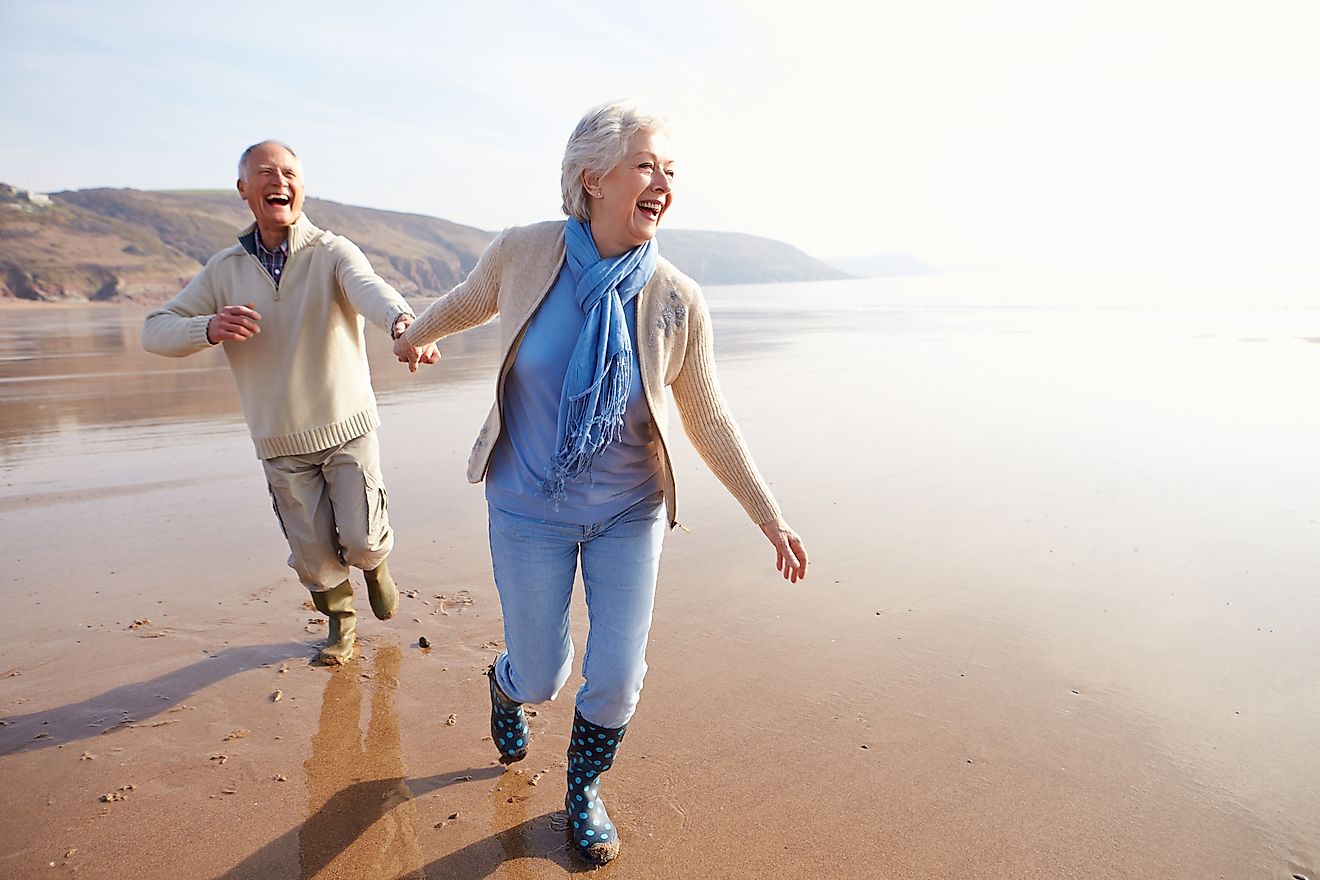Senior solo travel is experiencing a surge in popularity, with more retirees embracing the freedom and self-discovery that independent adventures offer. This burgeoning trend reflects a shift in societal attitudes towards aging and a growing desire among older adults to explore the world on their own terms. This comprehensive guide delves into the planning, safety, and enriching experiences that make senior solo travel a rewarding and unforgettable journey.
From choosing the perfect destination and accommodation to budgeting and managing health concerns, we address the key considerations for a safe and fulfilling solo trip. We explore diverse destinations, offering insights into accessibility, safety, and cultural immersion opportunities. We also provide practical advice on navigating potential challenges and maximizing the enriching experiences unique to solo travel.
Safety and Health Considerations for Senior Solo Travelers
Embarking on solo adventures later in life offers unparalleled freedom and personal growth, but careful planning is crucial to ensure a safe and enjoyable trip. Senior solo travelers face unique challenges compared to younger or group travelers, necessitating proactive measures to mitigate potential risks. This section addresses key safety and health concerns, providing practical advice and strategies for a worry-free journey.
Common Safety Concerns and Practical Advice
Several safety concerns disproportionately affect senior solo travelers. Addressing these proactively significantly enhances the likelihood of a positive travel experience.
- Petty Theft: Pickpocketing and bag snatching are common in crowded tourist areas. Solution: Employ vigilant awareness of surroundings, secure valuables close to the body (money belt or hidden pockets), and avoid displaying expensive jewelry or electronics openly.
- Medical Emergencies: Access to prompt and appropriate medical care can be challenging while traveling alone. Solution: Carry comprehensive travel insurance with emergency medical evacuation coverage. Inform family or friends of your itinerary and check-in regularly. Locate nearby hospitals and clinics before venturing out into remote areas.
- Transportation Challenges: Navigating unfamiliar public transportation systems can be difficult and potentially unsafe. Solution: Research transportation options beforehand and consider using reputable taxi or ride-sharing services, especially at night. Learn basic phrases in the local language to aid communication.
- Accommodation Safety: Choosing secure and well-maintained accommodations is vital. Solution: Book reputable hotels or guesthouses with positive reviews and good security measures. Share your accommodation details with trusted contacts.
- Social Isolation: Loneliness and isolation can be amplified when traveling alone, increasing vulnerability. Solution: Consider joining group tours or activities for some parts of the trip to meet fellow travelers. Utilize social media or online forums to connect with other travelers and locals.
Packing List for Health and Safety
A well-prepared packing list is paramount for senior solo travelers, encompassing items to address both health and safety needs.
- Medications: Pack a sufficient supply of all prescription and over-the-counter medications, including copies of prescriptions.
- First-aid kit: Include bandages, antiseptic wipes, pain relievers, anti-diarrheal medication, motion sickness remedies, and any personal medical necessities.
- Emergency contact information: Carry a list of emergency contacts, including family, friends, doctors, and your travel insurance provider, both physically and digitally.
- Copies of important documents: Carry photocopies of your passport, visa, driver’s license, travel insurance policy, and other essential documents, stored separately from the originals.
- Comfortable walking shoes: Proper footwear is crucial for comfort and preventing injuries.
- Lightweight, versatile clothing: Pack clothing suitable for various weather conditions and activities.
- Portable charger: Keep your devices charged for communication and navigation.
- Personal safety alarm: A small, easily accessible personal alarm can deter potential threats.
- Universal adapter: Ensure compatibility with local power outlets.
- Medications List: Include both generic and brand names of medications, dosages, and potential allergies.
Managing Health Emergencies While Traveling Solo, Senior solo travel
Proactive planning and readily available resources are critical for effectively managing health emergencies during solo travel.
- Pre-trip Preparations: Consult your doctor for necessary vaccinations and health advice specific to your destination. Obtain comprehensive travel insurance that covers medical emergencies, including evacuation. Register with your embassy or consulate.
- On-the-ground Resources: Locate the nearest hospital or clinic before you leave for the day, and note down the contact information. Download a translation app for easy communication with medical professionals. Familiarize yourself with local emergency services numbers.
Embarking on a senior solo travel adventure is a testament to personal resilience and a thirst for new experiences. With careful planning, a proactive approach to safety, and a willingness to embrace the unexpected, solo travel in later life can be incredibly rewarding. By following the guidelines and tips Artikeld in this guide, seniors can confidently explore the world, create lasting memories, and return home enriched by their independent journey.
Get the entire information you require about mature singles vacations on this page.



